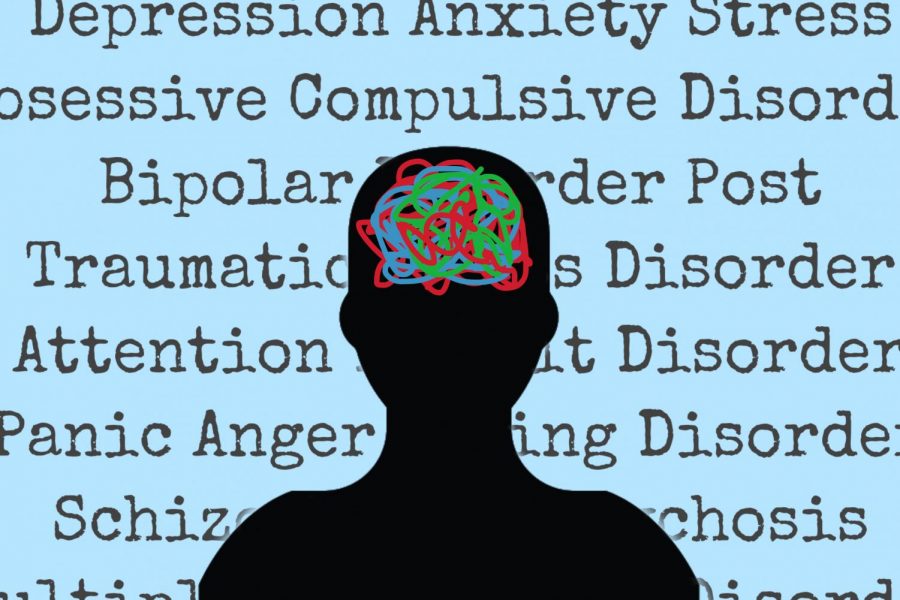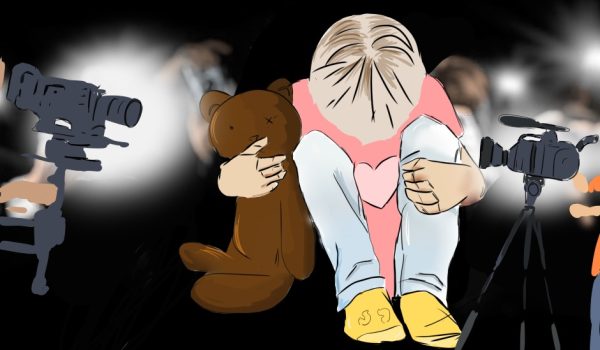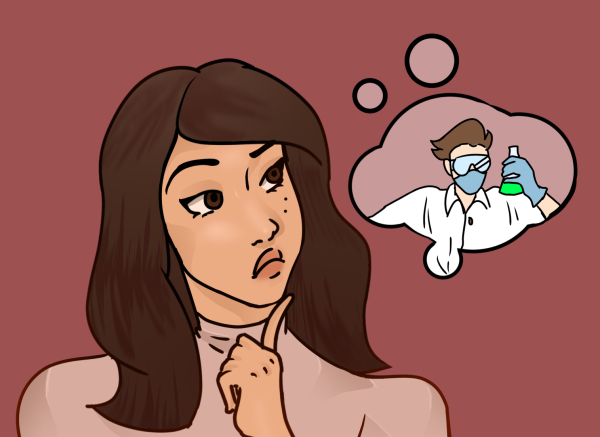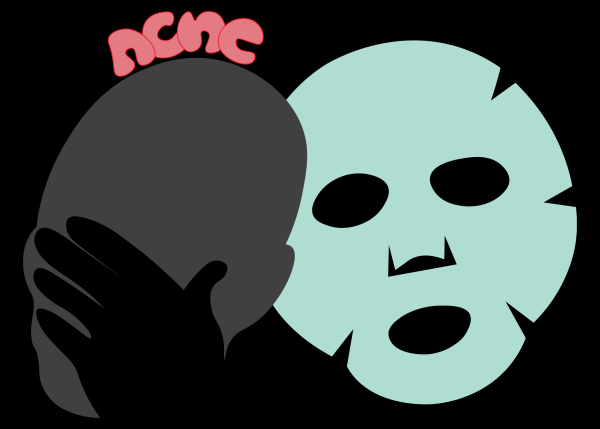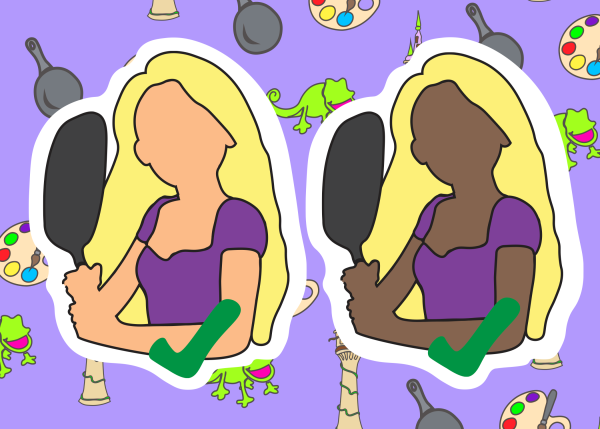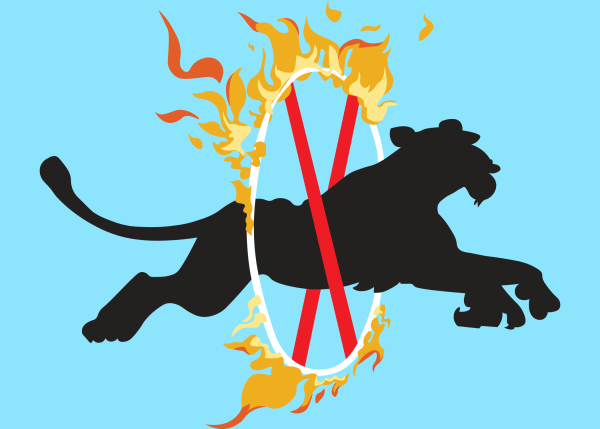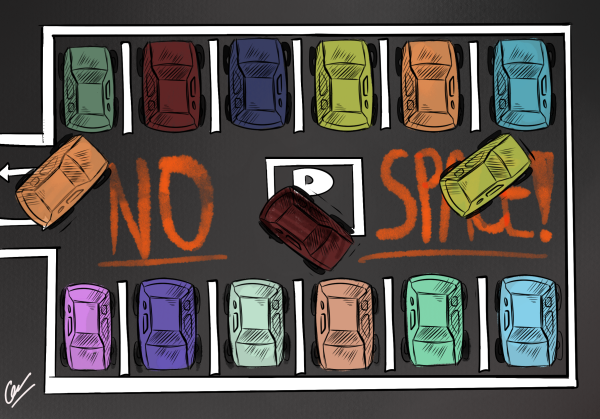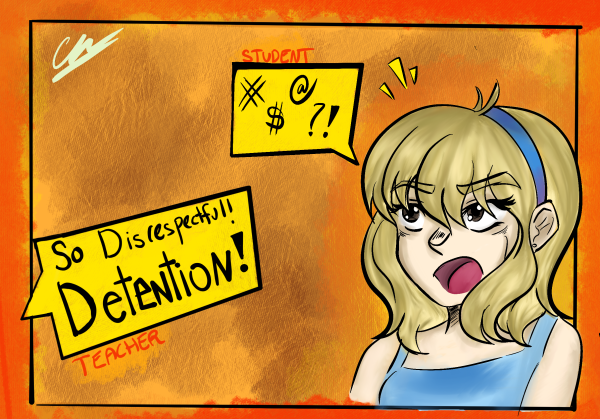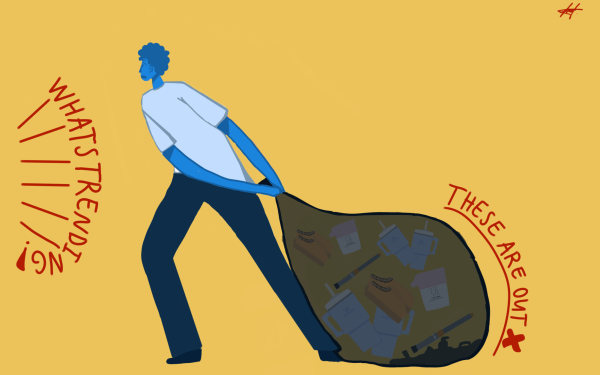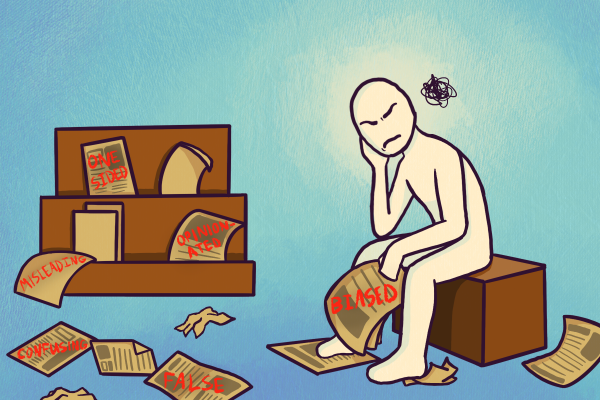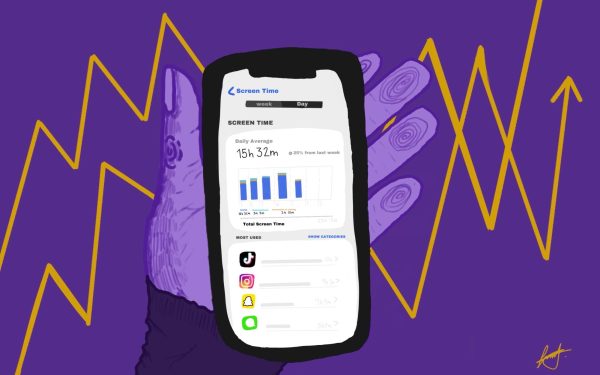[Opinion] People should be educated on the harsh realities behind mental illnesses
Inserting phrases that misrepresent mental health illnesses like, “I can’t stand messiness, must be OCD,” into everyday conversation, trivializes the severity behind these conditions. Although it may seem unnecessary for some to use simple words with caution, it is important that we are all aware of the true implications of using these phrases.
There are tons of misused and exaggerated terminology circulating around, especially online, which leads to minimizing the harsh realities behind these conditions. Although the internet is a good outlet for spreading awareness about mental illness, it can also spread misinformation.
Through misinformation about mental illnesses, people that are undiagnosed are less likely to reach out for help. An example would be disbelief from friends and family members that mental illnesses are not as severe as they actually are.
Obsessive-compulsive disorder, otherwise known by the acronym OCD, is a mental disorder that consists of having intrusive thoughts or urges that trigger intensely distressing feelings.
Overuse of the term has led many to hold the belief that OCD is simply a minor irritating feeling people get when things are out of order or messy. However, that irritating feeling will disappear for most people, while in those that actually have the disorder, OCD is something that follows them everywhere, all the time.
Another example would be the overuse of the term “bipolar.” In a lot of cases, people use bipolar disorder as a way to describe someone who is “moody” or “crazy” when in reality an illness as serious as bipolar personality disorder cannot be diagnosed based solely on the singular bad day or bad mood of a person.
Bipolar disorder is a mental illness that is also referred to as manic depression and is associated with severe high and low mood changes with depressive episodes that can last weeks or even months. By associating normal laziness or being “crazy” with bipolar disorder, it diminishes the realities of the disorder and reasserts a negative stigma on those diagnosed with manic depression.
Self-diagnosis of mental illnesses is also extremely detrimental. Symptoms of many illnesses overlap with others, so a simple Google search will likely lead to you making an inaccurate self-diagnosis.
People also try to alleviate confusion from this self-diagnosis through comedy, downplaying major issues people go through every day.
On social media platforms such as TikTok, there have been trends where the amount of ‘trauma’ a person has becomes a competition between users. Different experiences can appear not traumatic to others when in fact they could have been to someone else. It is clearly important to be welcoming and considerate when others share their vulnerability. But instead of diagnosing a condition based on a single experience one had, they should educate themselves and seek help if necessary.
It is important that people know the true definition of these conditions so that they can make educated decisions in choosing what words to use in conversation.
Throwing serious mental health illnesses and disorders into a light-hearted conversation to exaggerate your emotions is ignorant and inconsiderate to the communities that struggle with these diagnoses daily. Instead of using a mental illness as an adjective, people should educate themselves on these important topics, diagnose with mental health professionals only and stop the spread of negative stigma on mental health disorders overall.
Your donation will support the student journalists of Marjory Stoneman Douglas High School. Your contribution will allow us to purchase equipment and cover our annual website hosting costs.

Briana Martin is a sophomore at Marjory Stoneman Douglas High School. She is a second year writer for the Eagle Eye. In her free time, Briana enjoys reading...

Sofia Schorer Kaplan is a junior at Marjory Stoneman Douglas High School and a Social Media Editor for the Eagle Eye. In her free time, Sofia likes to...

Melodie Vo is a senior at Marjory Stoneman Douglas High School and a graphic designer for the Eagle Eye. She wants to pursue a career in Architecture and...

